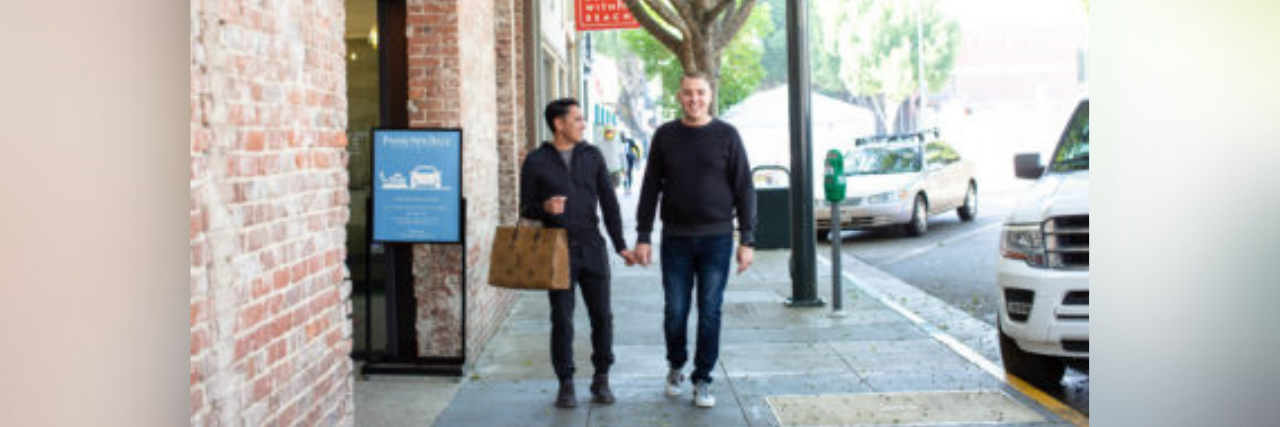I spent years clocking 80 to 100-plus hour workweeks. Between a full-time job, a growing career coaching side hustle and a course load bursting at the seams, I habitually worked 12 to 14 hours per day.
I regularly forfeited time with family and friends to work, study or dedicate time to my side hustle, which is now my main business. Yet, despite the number of hours I clocked, it never felt like enough. I was addicted to my career.
Fast-forward to 2021 and I feel like a completely different person. Despite a full coaching practice and busy speaking schedule, I have learned to work fewer hours and found happiness beyond my career.
Here is how I learned to stop working so much:
1. I tackled the root of my workaholism.
First, I began by tackling the root of my addiction to work. This was a critical first step because any other effort would simply be masking the real problem. Through lots of mental health therapy and self-reflection, I learned I had anxiety and was addicted to work.
After learning I had a work addiction, I slowly addressed the root of my workaholism inside and outside of therapy. Now, when I feel the itch to work, I have the resources, tools and know-how to tackle the real problem, rather than hide behind my work.
2. I decided why I wanted to work less.
Next, I mapped out what my life could look like if I stopped working so much. I could feel like I was no longer constantly running out of time. I could vacation once per week instead of once per year — and enjoy the trip instead of thinking about work. And, I could finally enjoy life now instead of waiting for eventually.
Knowing what was possible if I stopped working so much motivated me to make it happen. As I began enjoying activities outside of my work as much as my work, it also motivated me to continue to work less.
3. I leaned on my support system.
Finally, working fewer hours would not be possible without my robust support system. My supportive partner J.V., loving parents, trusted friends and established mentors have been critical to my success as a recovering workaholic.
I turn to those closest to me when I am struggling to balance my love of my work with my desire to have a full life. I also ask them to hold me accountable if I slip back into my workaholic tendencies.
While I am still not at my goal of working a maximum of 20 hours per week, I am getting there. If you are a fellow workaholic, know that it is possible to stop working so much. You’ve got this!
Original image by author

